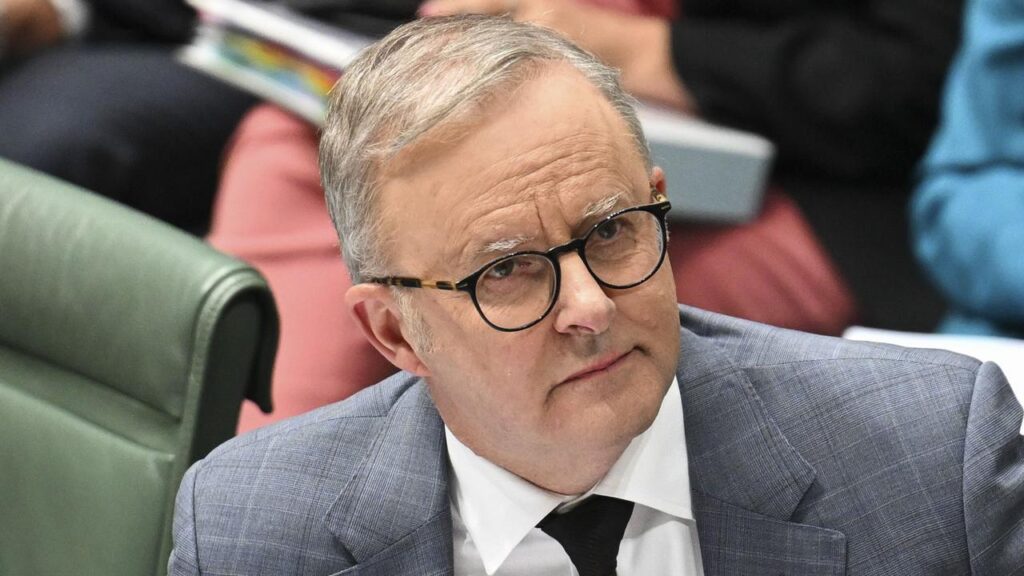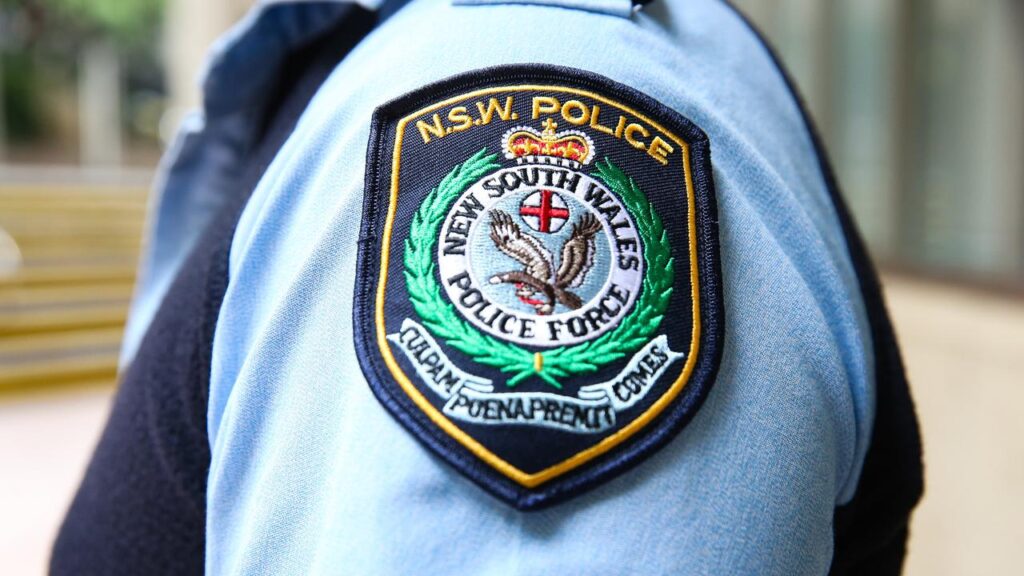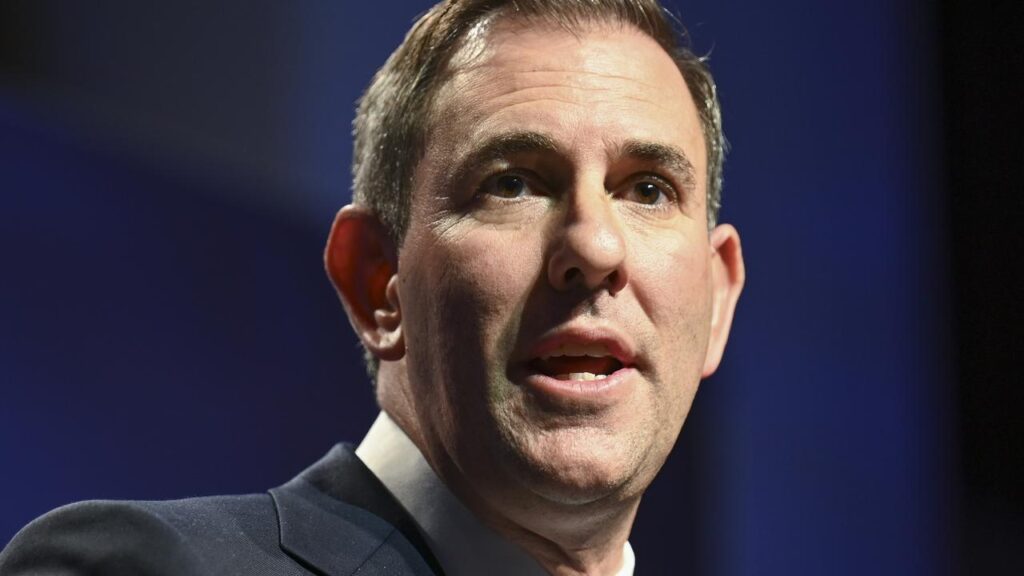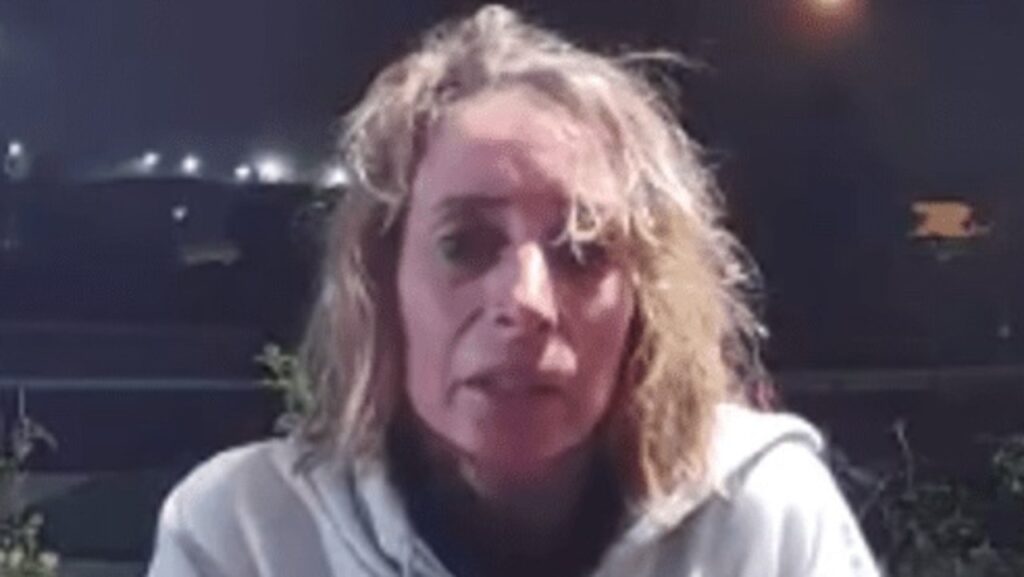Dated laws delivering crims big profits
Written by admin on July 8, 2024
Australia will move to modernise and tighten outdated laws which have allowed drug traffickers, people smugglers and terrorist to exploit the system to launder dirty money through luxury goods, real estate, domestic banks and casinos.
Attorney-General Mark Dreyfus will flag reform to the federal Anti-Money Laundering and Counter-Terrorism Financing Act in a speech to the National Press Club on Tuesday, which he will deliver alongside Brendan Thomas, chief executive of the financial crimes watchdog Austrac.
Mr Dreyfus said the changes were needed because the “digital, instant nature of our global financial system” had created gaps which “sophisticated, professional criminal organisations” can exploit.
“Opposing these reforms means aiding and abetting the criminal abuse of our financial system by drug traffickers, people smugglers, terrorists and those who exploit and abuse children,” Mr Dreyfus is expected to say.
“Money laundering enables crime by allowing criminals to profit from their offending. This is profit that can then be reinvested to finance future crime. And so the criminal enterprise cycle continues.”
His speech coincides with the release of the National Risk Assessment on terrorism financing and money laundering, which will also be released on Tuesday.
Austrac boss Mr Thomas will say the money laundering assessment showed Australia’s economy was being “exploited” by money launderers, with drug offences the “single largest source of money laundered in Australia”.
Illegally acquired funds from tax and revenue crimes, plus government-funded program fraud, and global proceeds of scams are also being cleaned domestically.
“Our stable political system, open and free economy, independent legal system, well-developed financial services sector and strong real estate market make Australia a great place to invest and do business,” Mr Thomas will say.
“These features also make Australia an attractive destination to store and integrate criminal proceeds into the financial system.”
Mr Dreyfus will call on both the private sector to “heed” the warnings and implement the recommendations.
“The money laundering National Risk Assessment shows that criminals continue to exploit established and legal channels – such as cash, luxury goods, real estate, domestic banks, casinos and remitters to launder funds in Australia,” he will say.
Illegally acquired funds from tax and revenue crimes, plus government-funded program fraud, and global proceeds of scams were also being cleaned domestically.
Earlier this year, Austrac received a $166.4m funding boost to bring Australia’s money laundering laws in line with the rest of the world in implementing Tranche 2 laws.
The reforms will require lawyers, accountants, trust and company service providers, real estate agents and dealers in precious metals and stones to report suspicious behaviour.
Currently Australia, as well as the US, China, Haiti and Madagascar, are the only countries to oppose the laws.







